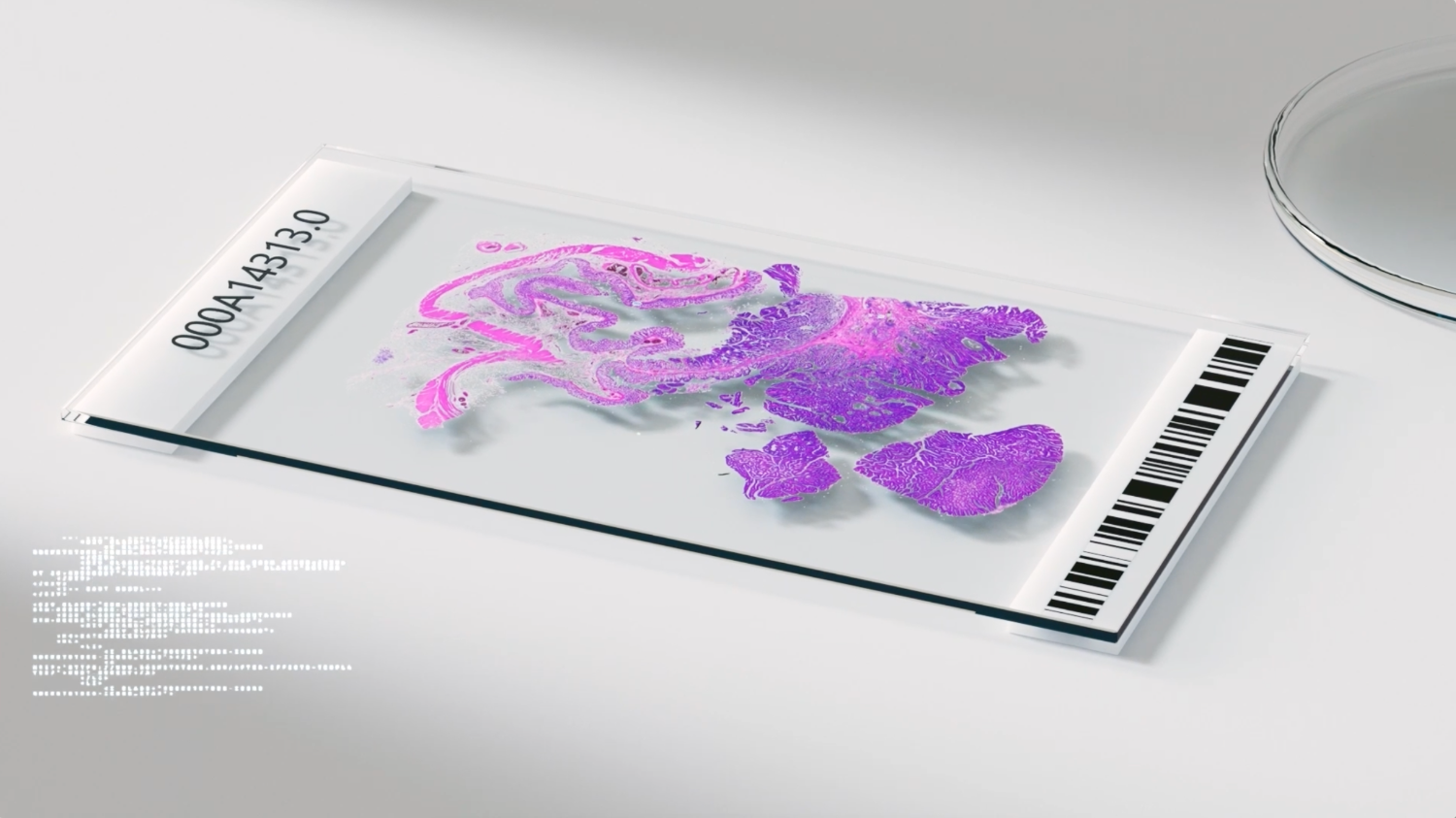Bioptimus Introduces H-optimus-0: An Open-Source AI Model for Pathology
French startup Bioptimus has released H-optimus-0, the largest open-source AI foundation model for pathology. With 1.1 billion parameters, this model is trained on a proprietary dataset comprising several hundreds of millions of images from over 500,000 histopathology slides across 4,000 clinical practices.
This model aims to advance medical diagnostics, particularly in tasks such as identifying cancerous cells and detecting genetic abnormalities in tumors.
Technical Specifications and Training Data
H-optimus-0's model consists of 1.1 billion parameters, facilitating comprehensive analysis and accuracy in pathology diagnostics. The training dataset includes images from over 500,000 pathology slides, encompassing a diverse array of cases. This diversity enables the model to generalize across different diagnostic scenarios.
Diagnostic Capabilities
H-optimus-0 has been evaluated on five tile-level tasks for identifying tissue types and characteristics, and six slide-level tasks for detecting biomarkers or metastasis in various cancer types. The model's performance reportedly aligns with or exceeds existing diagnostic tools.
Open-Source Model and Collaborative Potential
H-optimus-0 is accessible as an open-source model, enabling researchers and developers to collaborate and develop novel digital pathology models. The open-source nature of the model is intended to promote the sharing of methodologies and innovations within the scientific community.

Image source: Bioptimus
Future Developments
Bioptimus co-founder and CEO, Professor Jean-Philippe Vert, PhD, stated that H-optimus-0 is the first in a series of models planned for release.
Future models will expand the number of pathology images from regions such as Europe, Asia, and Africa, and incorporate other modalities like genomics and proteomics.
The goal is to develop a multiscale foundation model of biology, integrating diverse biological data to facilitate scientific discoveries and accelerate biomedical innovations.
Topic: AI in Bio